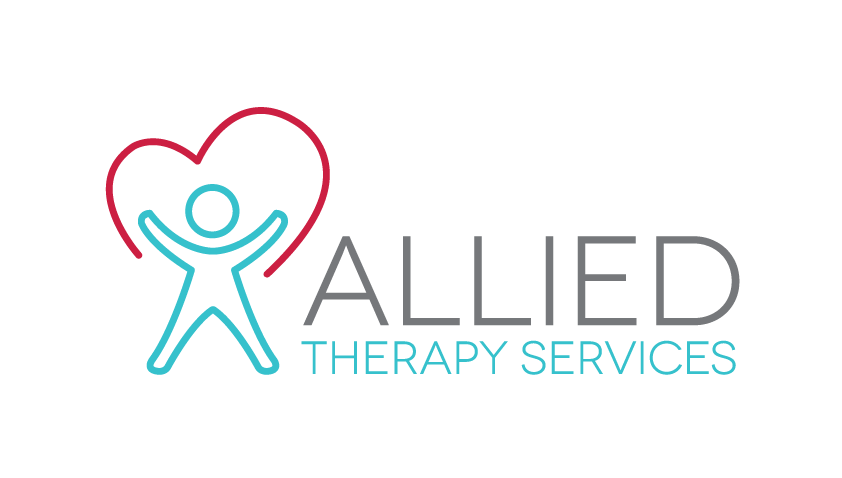How a speech pathologist can help with swallowing difficulties
Dysphagia, or difficulty swallowing, is a challenge that some people have with movements of the mouth including sucking, swallowing, drinking, chewing, eating, dribbling or closing the lips.
“A person may experience dysphagia as a result of a variety of conditions, including; Cerebral Palsy, Down Syndrome, Stroke, Motor Neurone Disease or Dementia”
Some of the reasons that a client might see a speech pathologist at Allied Therapy Services for dysphagia include:
• Feeling like food or drink is going down the wrong way
• Long meal times or eating slowly (it takes more than 30 minutes to finish a meal)
• Coughing, choking or frequent throat clearing during or after eating and drinking
• Becoming short of breath or your breathing changes when eating and drinking
• Avoiding certain foods because they are difficult to swallow
• Unplanned weight loss for adults or for children, or failing to put on weight because of avoiding foods or finding it hard to eat
• Frequent chest infections with no known cause
“Dysphagia can cause weight loss, anxiety around meal times, chest infections (if food goes into the windpipe) and poor nutrition and dehydration if not managed properly”
A speech pathologist is specially trained to support people with swallowing difficulties. They will begin by assessing how the person is currently swallowing, and they will look at any issues such as difficulty biting or chewing, choking on food and taking a long time to finish meals. They may also work with other health professionals in our organisation, such as physiotherapists and occupational therapists, to help people with swallowing problems.
Once they have assessed how a person is swallowing, they will work out a treatment plan. A treatment plan for swallowing difficulties may include special exercises to complete, having a special diet and learning new strategies for eating such as taking smaller mouthfuls and sitting up straight to eat.
Speech pathologist Alison, talks below about how she treated one of her clients for swallowing difficulties, and the great outcome achieved.
Jane (*name changed) was referred to see me after she had suffered a stroke at the age of 38. She experienced significant weakness on her right side, that affected her ability to feed herself as well as the muscles in her face, including her mouth and tongue. She had been placed on a modified diet and thickened fluids with strict supervision and strategies such as: taking one sip of fluids at a time and having to swallow per mouthful.
“Jane’s goal was to eat a Big Mac burger and drink a Diet Coke from McDonalds”
We worked together with Jane’s partner and carers to ensure they understood Jane’s swallow function with regular education and training and the importance of practicing the strategies recommended to work towards Jane’s goal. We also trialled modified cutlery and specialised cups to improve her independence with eating and drinking, which was also very important to her.
We developed a plan to improve how the muscles in her face, mouth and tongue were working in relation to her swallow function as well as using the swallow strategies and then slowly changed the consistency of the foods and fluids, giving her the opportunity to practice at each upgrade.
When Jane had shown us that she was able to tolerate the same types of foods as a hamburger and thin fluids, we arranged a maxi taxi to get her in her wheelchair to McDonalds.
“She was so nervous and excited!”
We surprised Jane with her OT and Physiotherapist at McDonalds, who had been very aware of her goal and supported her with appropriate positioning and adapted cutlery throughout her program.
Jane was able to confidently manage (and thoroughly enjoy) her McDonalds BigMac and Diet Coke!
If you would like to talk to us about how our therapy team can assist you with swallowing difficulties please contact us.

